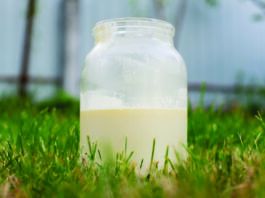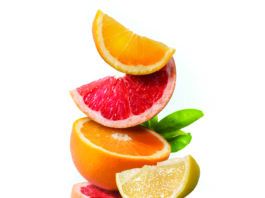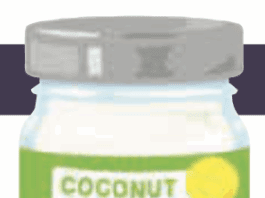Q: Are the anthocyanidins and other strongly colored phytochemicals in fruit still present in...
Answer : Jeffrey B. Blumberg, PhD, director of Tufts HNRCA Antioxidants Research Laboratory, replies: According to the USDA Database for the Flavonoid Content of Selected Foods, jams, jellies...
Q: How long can cooked vegetables, as with left-overs, be stored in the refrigerator...
Answer : Diane L. McKay, PhD, an assistant professor at Tufts Friedman School, answers: For left-overs...
Q: Ive heard a lot about the nutritional virtues of red wine, especially resveratrol,...
Answer : Angelo Azzi, MD, PhD, senior scientist at Tufts HNRCA Vascular Biology Laboratory, explains that white wine does also contain resveratrol...
Q: Is it possible to get the recommended 10 milligrams of lutein from food?...
Answer : It should be, if one consumes a diet rich in fruits and vegetables. Lutein (from the Latin luteus meaning yellow...
Q: Would senior multivitamins contain enough of the AREDS2 nutrients to take instead of...
Answer : Probably. Check to see that the vitamin contains all the AREDS suggested vitamins: vitamins C, E, lutein, zinc."
Q: A friend recently suggested I take Greens First, which claims to have the...
Answer :Dehydrated, powdered, juiced and spraydried fruit and vegetable products can never deliver all the nutritional value of the original produce. Even if a product has the same amount of antioxidants and phytonutrients as a daily diet of fruits and vegetables, youre missing the fiber and other benefits of eating whole foods. Youre also not using fruits and vegetables to replace other, higher-calorie and high-fat foods in your diet. …
Q: I have heard that high heat destroys the healthy fats in nut oils;...
Answer :Youre correct that some nut oils have a low smoke point, the temperature at which they begin to burn. Unrefined walnut oil, for example, has a smoke point of only 320 degrees Fahrenheit, although refined walnut oil can go to about 400 degrees. Almond oil, by contrast, has a smoke point of 430 degrees. …
Q: I read the article How Safe Are Your Salad Greens? (December 2006 Healthletter)...
Answer :Nothing short of cooking will guarantee that E. coli on produce has been killed, but some research does suggest vinegar washing can reduce contamination of fresh produce. Research at the University of Nebraska led scientists there to recommend soaking produce in full-strength white vinegar for five minutes, stirring occasionally. Rinse with clean tap water to remove vinegar flavor. Wash only what you need immediately, as washing earlier could give remaining bacteria time to grow.…
Q: In your article on organics (October 2006 Healthletter) you make note that seafood...
Answer :Your question is an excellent example of how easy it is to get misled or confused by package labeling. Actually, on close inspection, it turns out that the label you enclosed with your question does not say organic. The USDA has yet to finalize certification standards for organic seafood, so the use of such a term on a seafood label would be meaningless in any case; producers are allowed to make whatever organic claims…
Q: I have heard that the greatest nutritional value of the apple is in...
Answer :Jeffrey B. Blumberg, PhD, director of the Antioxidants Research Laboratory at Tufts Jean Mayer USDA Human Nutrition Research Center on Aging, replies, There is certainly nutritional value in apple skin, as it contains a variety of phytochemicals (phytonutrients), particularly flavonoids. This is the case for the skin of most fruits and vegetables, as these compounds are phytoalexins (compounds protecting the plant from environmental stresses, like UV light, molds and insects) and so need to…

























